Definition
noun
The four principles intended to ascertain the underlying relationships between a microbe and a disease.
Supplement
It was established and formulated by Robert Koch and Friedrich Loeffler in 1884 based from the concepts illustrated by Jakob Henle.
The following are the four fundamental principles:
• The microbes must be in abundant and present in organisms suffering from disease.
• The microbes must be isolated and grown in a pure culture
• The pure culture must cause the disease when introduced into a healthy organism
• The microbes must be reisolated from the induce organism and being grown again in a culture media that shows similarity to the original pure culture.
Koch’s postulate has been useful in the etiology of tuberculosis and cholera yet, it has some limitations when the discoveries of asymptomatic or subclinical infections, thus abandoned the idea of the first postulate. However the second postulate might also suspended when some bacteria that cannot be grown in pure culture like the microbes responsible in leprosy and when there is no available animal model for that particular bacteria.
In spite of various limitations Koch’s postulates is still a constructive standard in evaluating whether there is a cause-and-effect relationship between a bacteria and a disease.
See also:
• Bradford Hill criteria
• Causal inference
• Mill’s Methods
• Molecular Koch’s postulates
Dictionary > Koch postulate
You will also like...
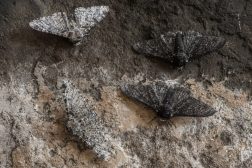
Examples of Natural Selection
Darwin's Finches are an example of natural selection in action. They are an excellent example of the way species' gene p..
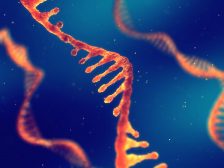
Protein Synthesis
Part of the genetic information is devoted to the synthesis of proteins. mRNA, a type of RNA, is produced as a transcri..

Digestion and Absorption of Food
The gastrointestinal system breaks down particles of ingested food into molecular forms by enzymes through digestion and..
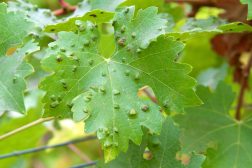
Plant Cell Defense
Plants protect themselves by releasing hydrogen peroxide to fight against fungal invasion. Another way is by secreting c..
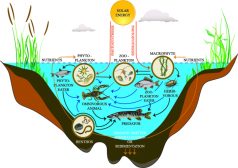
Freshwater Producers and Consumers
Freshwater ecosystem is comprised of four major constituents, namely elements and compounds, plants, consumers, and deco..
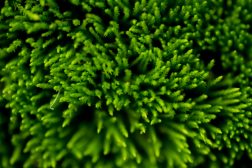
Bryophytes
Bryophytes (nonvascular plants) are a plant group characterized by lacking vascular tissues. They include the mosses, th..

